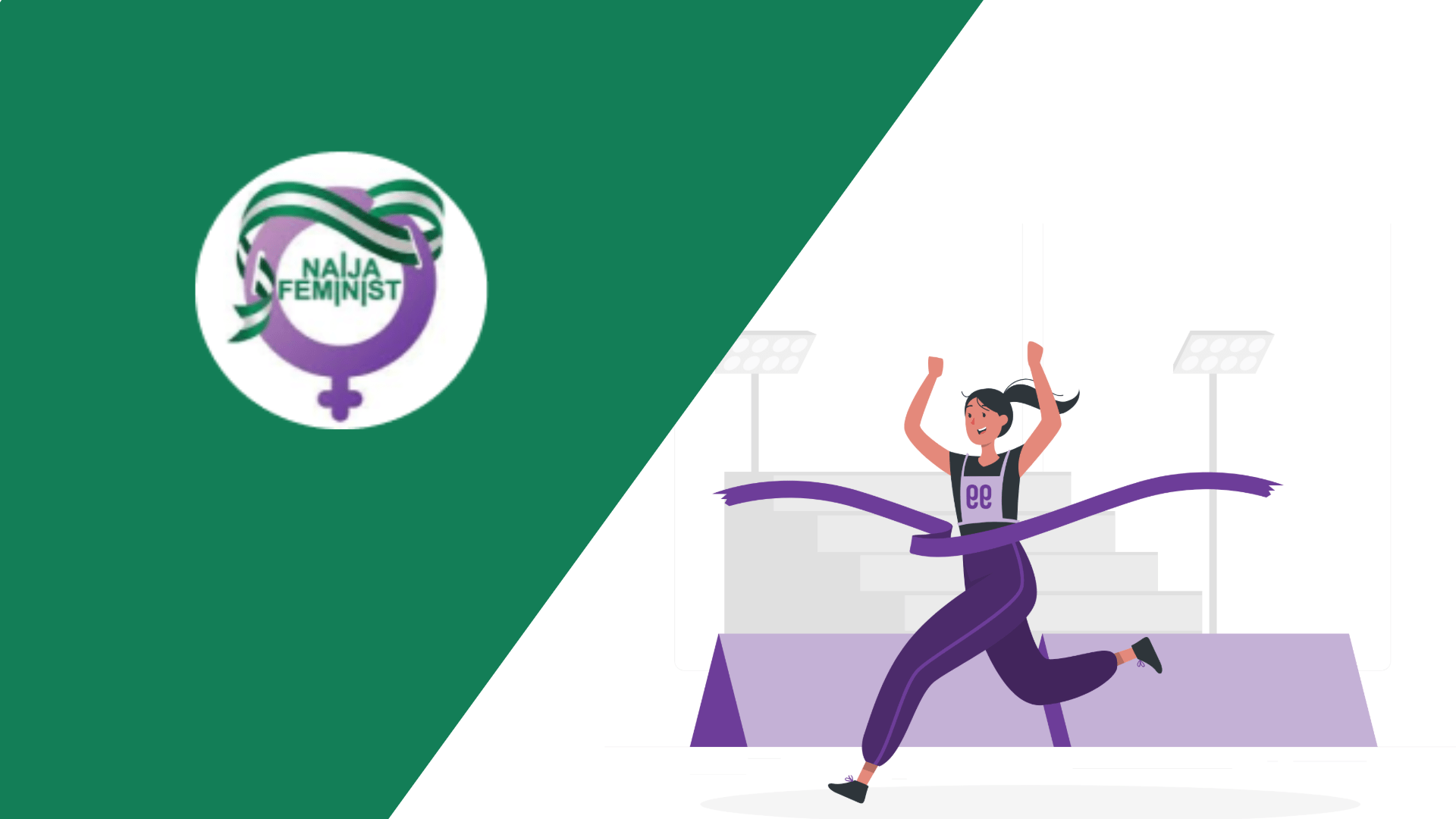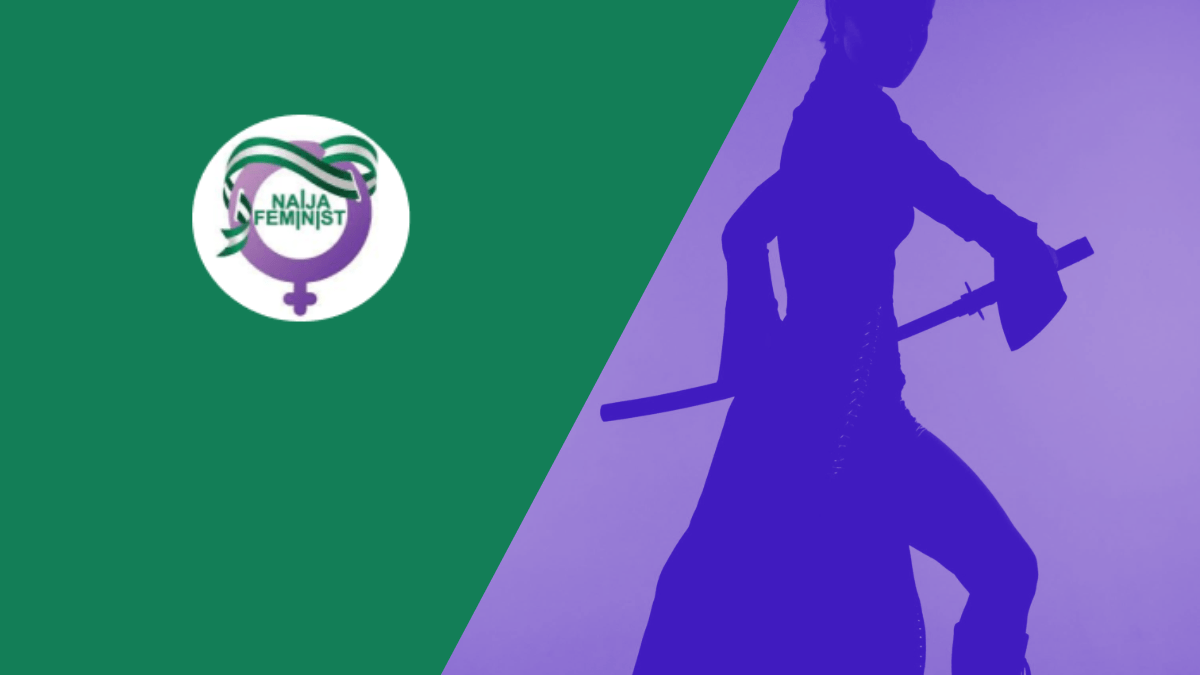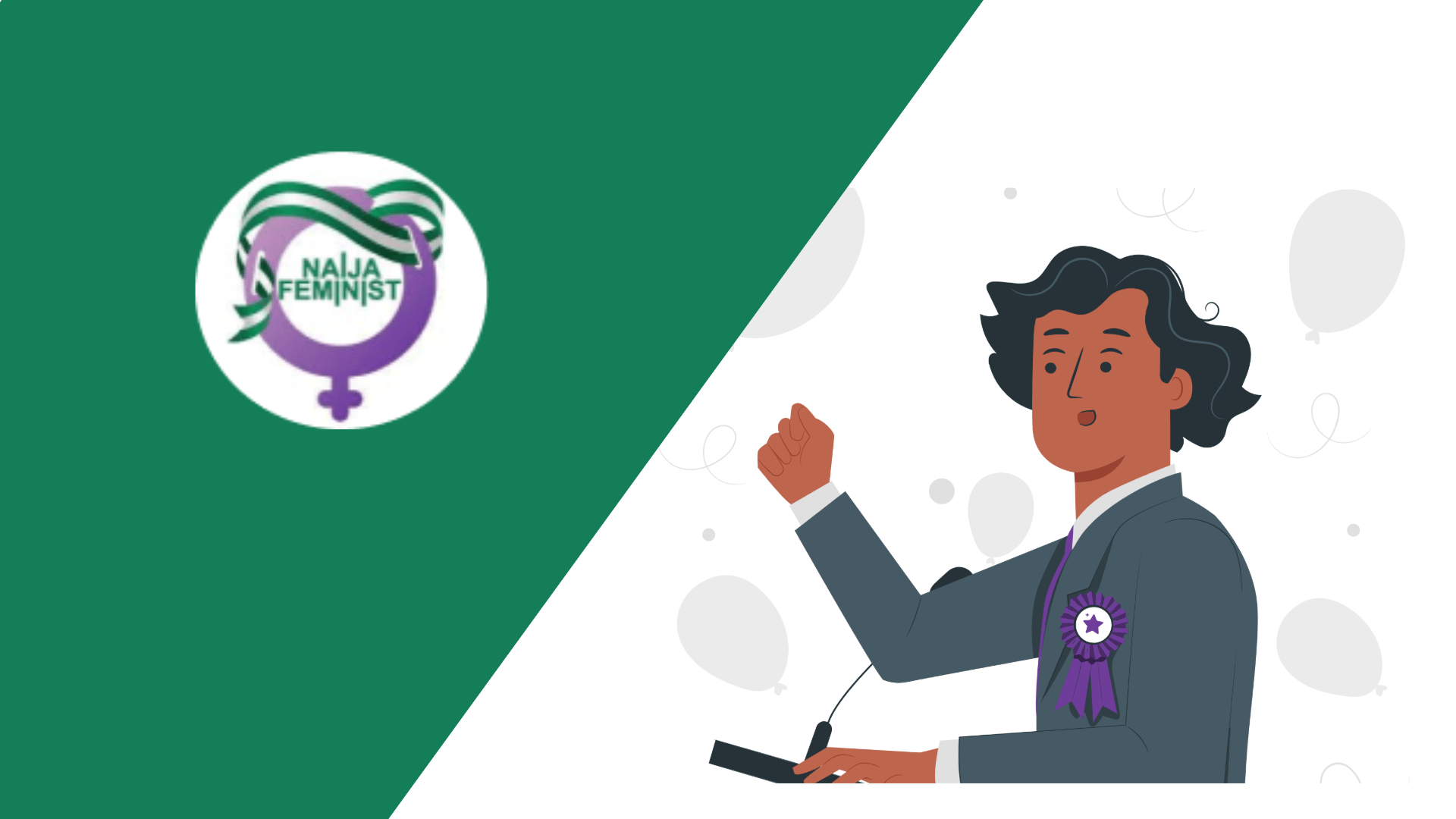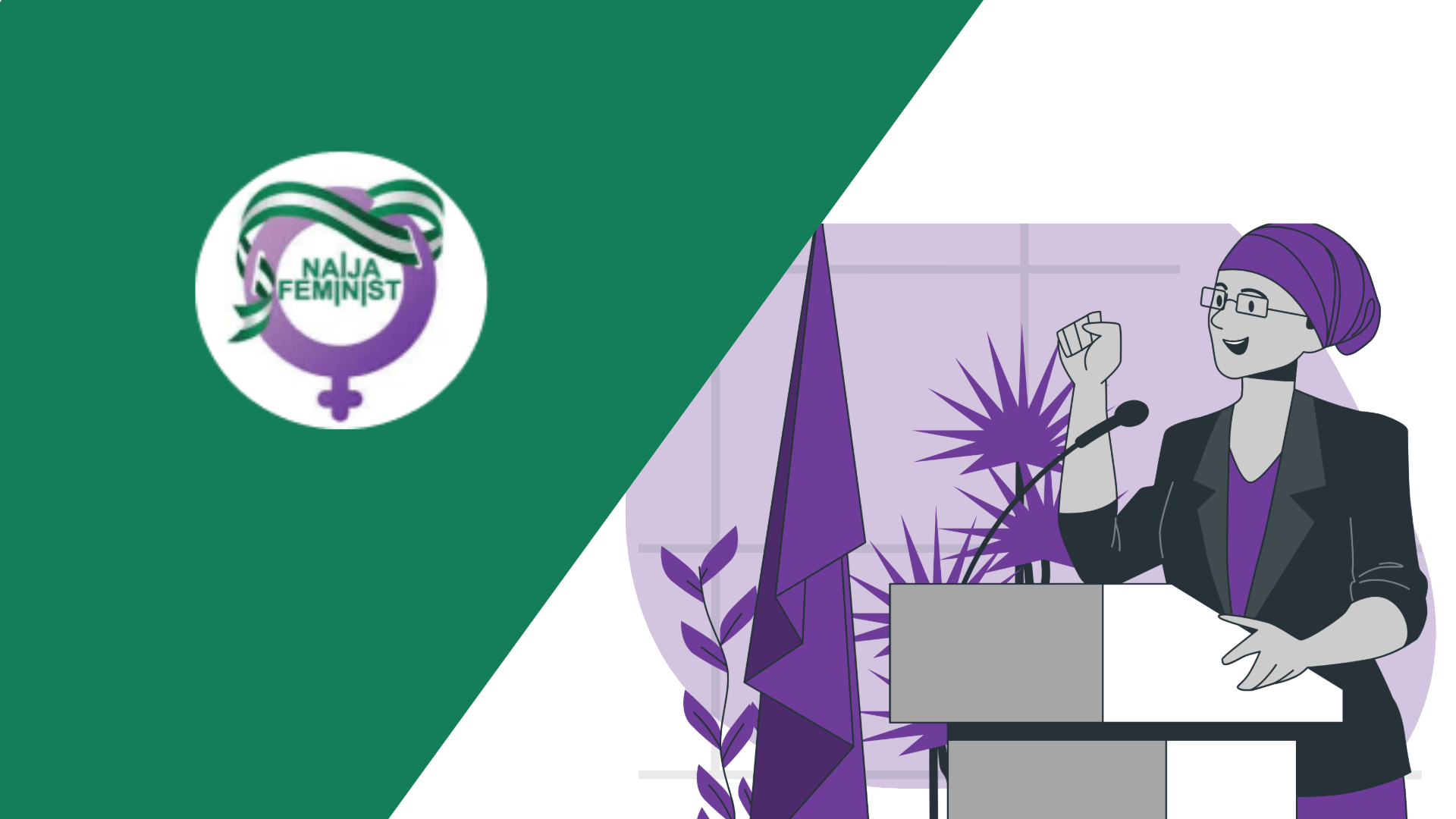Newsletter
Redefining Woman Is A Misguided Approach
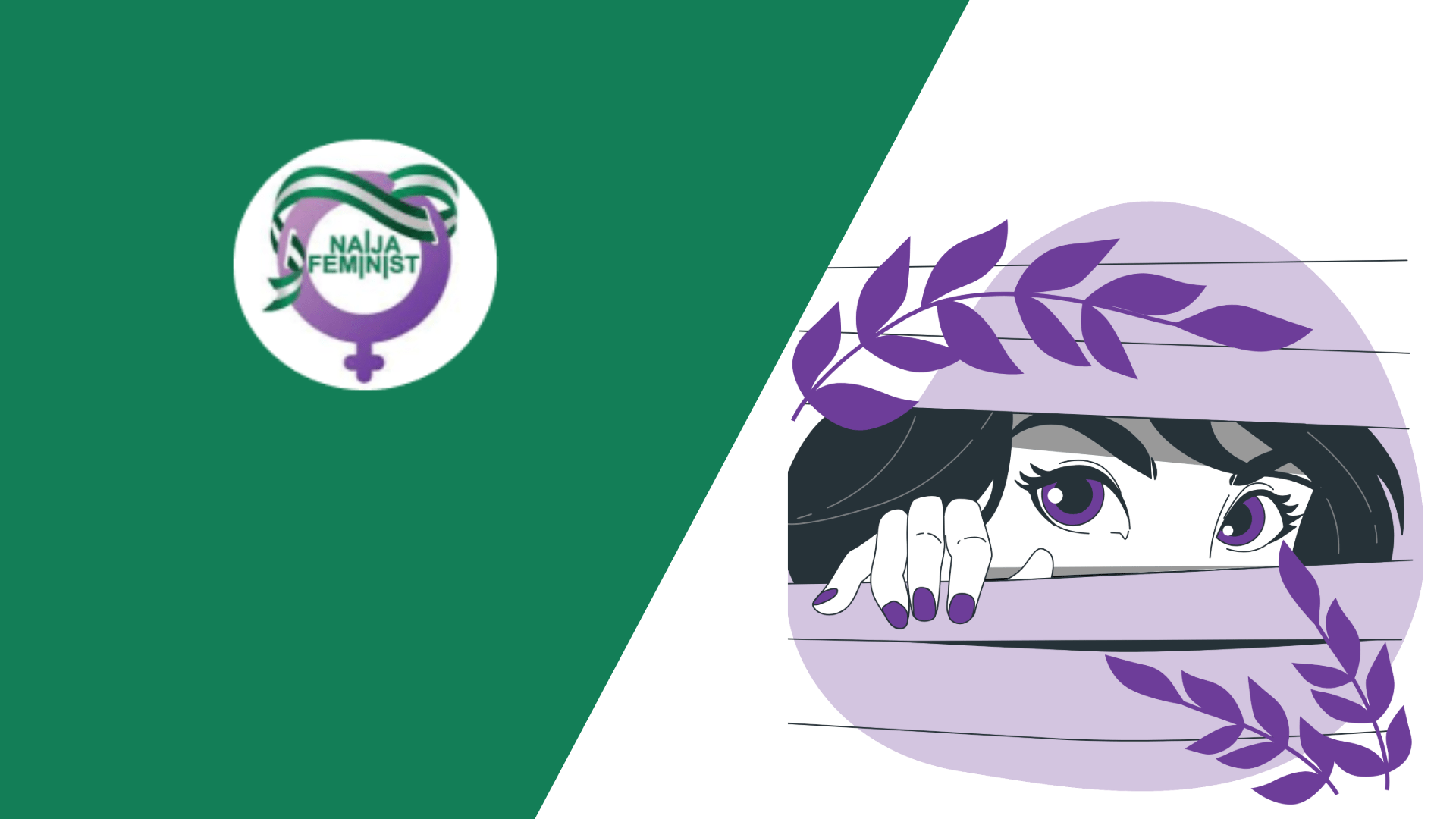
|
Getting your Trinity Audio player ready...
|
| Hello friend, In recent discussions about gender identity, the definition of “woman” has changed to include anyone who identifies as one. While this change may come from a desire for inclusivity, it raises important concerns, especially regarding women’s rights and the realities of gender-based oppression. At its core, redefining “woman” as simply someone who identifies as one can be seen as a form of misogyny. It simplifies the complex identity of being a woman and reduces it to just a label. This shift overlooks the historical and social challenges that women face and ignores the specific traits that define womanhood. For example, if we were to define an ambiguous object as “an object that identifies as one,” we would still need to explain what makes it ambiguous. Similarly, a clear definition of “woman” must include the biological aspect that makes it a sex class. From a grammatical standpoint, redefining a term requires a clear understanding of its existing meaning. Without this clarity, the new definition can become confusing and misleading. By saying that anyone who identifies as a woman is a woman, we risk overlooking the unique struggles that women face, including inequality and violence. This view can unintentionally support a patriarchal idea that suggests being a woman is just a choice, similar to harmful beliefs about corrective rape held by some homophobic individuals. If simply identifying as a woman is all that is needed, it implies that issues like patriarchy and misogyny can be avoided just by changing one’s identity, which is far from the truth. Moreover, this redefinition can minimise the real experiences of women who have fought for their rights. Women’s movements have long highlighted the injustices faced by human females at birth, and the current conversation risks pushing these important issues aside. The complexities of gender identity should be recognised, but they should not erase the genuine challenges that women encounter every day. At Naija Feminists Media (NFM), we are dedicated to breaking down misconceptions about feminism and raising awareness about the abuse of women’s rights. We believe it’s essential to have open discussions about how redefining “woman” can be harmful, ensuring that the voices and experiences of all women remain central in our advocacy. Together, we can create a more fair and equitable society for everyone. With love and solidarity,The NFM Team. |
 |
| #16DaysofActivism: Women’s destinies cannot be tied to poverty to coddle male ego By: Tolani Adeboye I remember anchoring at a relationship hangout in 2022. The men were asked if they would prefer their wives to have more money than they do– the responses were shocking! Many laughed uneasily before exclaiming, “Ah! For wetin?” Others were more emphatic, declaring, “Noooo! It can never happen. My woman no fit ever get money pass me oo!” Strong gestures and vehement expressions accompanied their words, leaving little doubt about their convictions. Interested in what must have led to such a mindset, I engaged the few who were willing to share their concerns. It was clear that their backgrounds had a lot to do with it. The majority of them were either from homes with strong and well-to-do mothers or female relatives, or they had been in intimate relationships with economically buoyant women whom they claimed did not accord them due respect. For others, it was neither a family situation nor a personal experience. However, a lot of these views were based on perceived patriarchal values, which they were socialised into. After hearing the strong opinions from the men about not wanting their wives to be wealthier, I decided to take the conversation further by posing a follow-up question: “What if your daughters became wealthier than their husbands?” Read more on how women’s destinies cannot be tied to poverty to achieve subjugation or remain in relationships where their potential is limited. |
 |
| To conclude our #16DaysOfActivism campaign, we hosted an X Space on Dec. 10, 2024. The virtual engagement, attended by over 450 people, centred on facilitating behavioural change among male perpetrators of violence against women and girls, moving away from the usual victim-centred discourse. Female activists from diverse backgrounds shared insights and strategies aimed at reshaping societal norms and fostering accountability, emphasising the need for proactive measures to combat male violence against women and girls. Thank you to all of our inspiring speakers! |
 |
 |
 |
 |
| LIBRARY HERE |
 |
| Join us in our mission for social change! We are accepting content and video content creators. If you’re interested, please email mail@naijafeministsmedia.org.ng.The UNESCO Equatorial Guinea Fellowship Programme 2024 is looking for outstanding young women scientists from Africa! Join us for workshops and networking opportunities to enhance your skills and connect with an inspiring community. Apply now!MPower will finance women in STEM in 2025. Learn all about it here. |
 |
